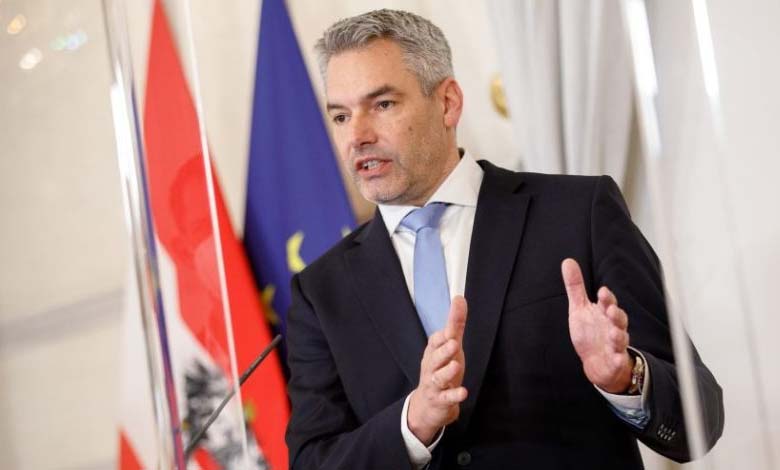Muslim Brotherhood Scandal in Austria: Sleeper Agent Shakes Intelligence Service and Reopens the Infiltration File

A major controversy has erupted in Austria after the suspension of an employee from the State Security and Intelligence Directorate (DSN), following revelations that he was allegedly linked to the Muslim Brotherhood and had leaked sensitive information to its leadership.
The case, first exposed by local media, has reignited concerns about the extent of the Brotherhood’s infiltration into key European institutions.
-
The Muslim Brotherhood in Austria in 2024: From “Exposing Activities” to the Path to Banning
-
Austrian Intelligence Reveals 5 “Dangerous” Activities of the Muslim Brotherhood
The suspended employee had been working for several months within the DSN. He was temporarily relieved of his duties on October 7 after investigators uncovered his connection to a monitored organization — believed to be the Muslim Brotherhood.
The Interior Ministry confirmed that the internal monitoring mechanisms established after the agency’s 2021 restructuring successfully detected the misconduct and prevented the employee from accessing more sensitive intelligence files.
-
New details of Austria’s Muslim Brotherhood cells
-
Strong Parliamentary Action against Brotherhood Arm in Austria
Reports by Profil revealed that the suspect worked in the counterterrorism division and had allegedly informed certain Brotherhood members that they were under surveillance. He also disclosed information about ongoing investigations, an act described by the magazine as a “severe blow” to the intelligence service amid rising concerns about Islamist networks within Austria.
The Interior Ministry stated that the employee did not have clearance for top-secret materials, but that colleagues had been monitoring his activities for some time prior to his formal arrest. His home was searched, and he was detained for questioning under the supervision of the Vienna Public Prosecutor’s Office, which is currently assessing the scale and potential security implications of the leaks.
-
Austria issues a book about the Brotherhood, The group’s secrets in Europe and important recommendations
-
Brotherhood ‘threats’ put two ministers under special guard in Austria
Observers believe this incident once again demonstrates the Brotherhood’s ability to establish deeply rooted networks within European institutions, using administrative and social platforms for political and ideological objectives disguised as religious or charitable activities.
It also highlights the success of Austrian security services in detecting such breaches through enhanced internal monitoring mechanisms introduced since the notable “Muslim Brotherhood 2021” operation against suspected Islamist cells.
-
Austria expands Brotherhood law to right-wing organizations
-
The brotherhood are subjected to severe raids by the Austrian authorities
As investigations continue, analysts expect this scandal to prompt Austrian authorities to tighten oversight over personnel working in sensitive sectors and to reopen broader inquiries into the Brotherhood’s hidden connections in the country.
Experts suggest that this case is not an isolated occurrence but part of a broader pattern revealing the Brotherhood’s “soft infiltration” strategy to penetrate European state structures and influence internal policymaking from within.












